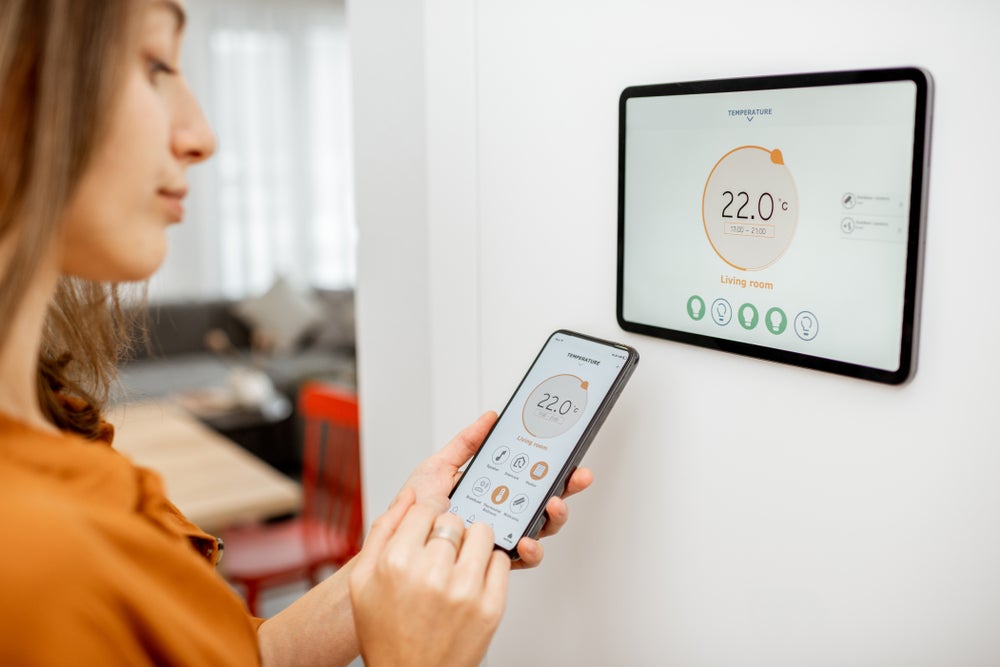In 2021 the number of connected digital devices with automated controls is expected to overtake the number of people on the planet, unlocking new possibilities for energy efficiency, states a report from the International Energy Agency (IEA).

According to the report, the deployment of digitally connected devices such as sensors has grown by 33% annually since 2016, reaching nine billion in 2021. By measuring and collecting data, these devices enable individuals to control their energy consumption from different locations in real time.
At the device level, smart water heating has been shown to reduce energy consumption by 12% while smart lighting in commercial buildings can reduce energy consumption by up to 65%, the IEA says. Commercial buildings in the US have benefitted from median energy savings of 11–22% in the second year after installing a smart energy management system underpinned by digitally connected devices.
Emissions from digital infrastructure continue to grow. However, many of these devices still lack the ability to work as part of an integrated system, so the benefits to the energy transition remain limited. There are also risks around cybersecurity and equitable access. Appropriately, jurisdictions such as the US and EU have launched strategies to address these issues, the report concludes.



